Click the blue text
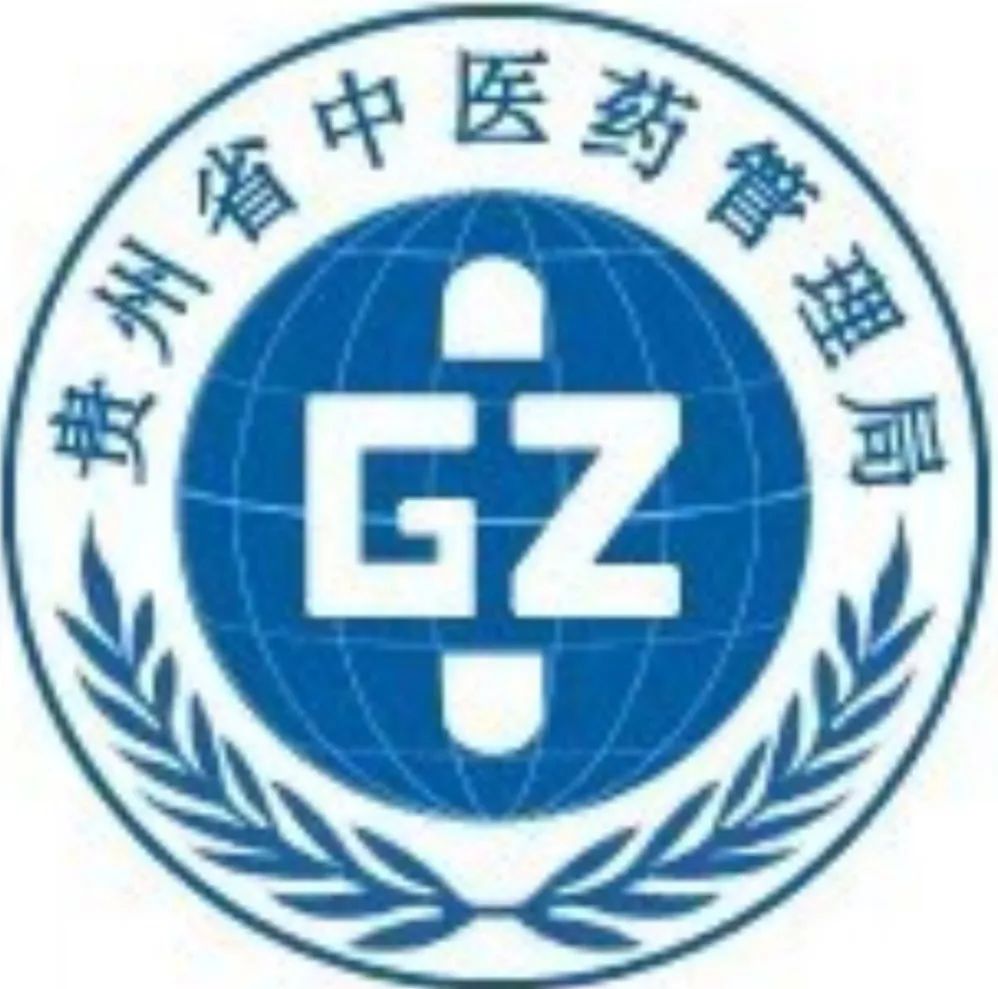
Follow us
Dang
2021.3.15
Shen
Understanding a Chinese Herb in Three Minutes
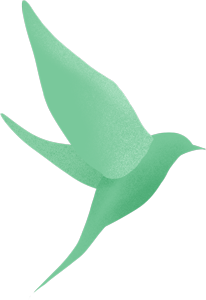
–
01
–
Introduction to Dang Shen
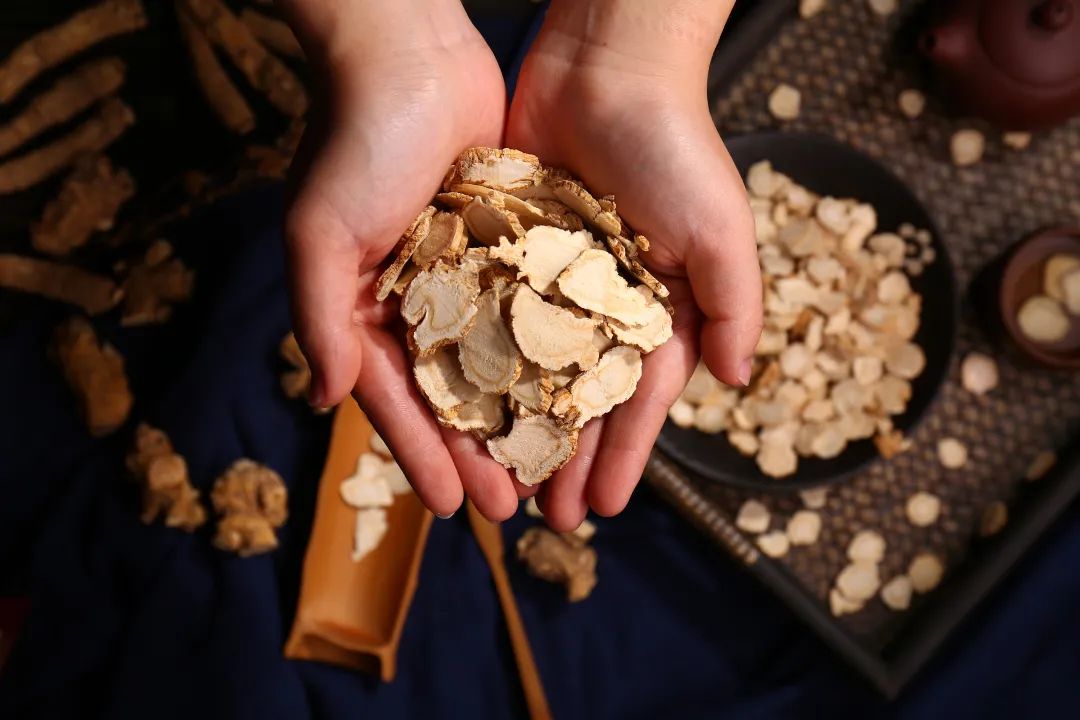
Dang Shen (Codonopsis pilosula) is a commonly used medicinal herb in clinical practice, historically referred to as Ren Shen (Ginseng). The Ming dynasty physician Li Shizhen included Dang Shen in the Ginseng entry of his “Compendium of Materia Medica”. The name Dang Shen was first coined by the French botanist Nannf in 1929.
Botanically, Dang Shen differs from Ginseng; it belongs to the Campanulaceae family, while Ginseng belongs to the Araliaceae family, and their growth forms are also distinct. In terms of medicinal efficacy, the two have similar functions but still differ. Ginseng is more precious than Dang Shen, which is more affordable, allowing for larger quantities of Dang Shen to be used as a substitute for Ginseng in certain conditions.
In addition to its similar functions to Ginseng, Dang Shen has a long history in China, being used both as medicine and food supplement, with various methods of consumption that have unique effects.
Source and PropertiesMeridian Affinities
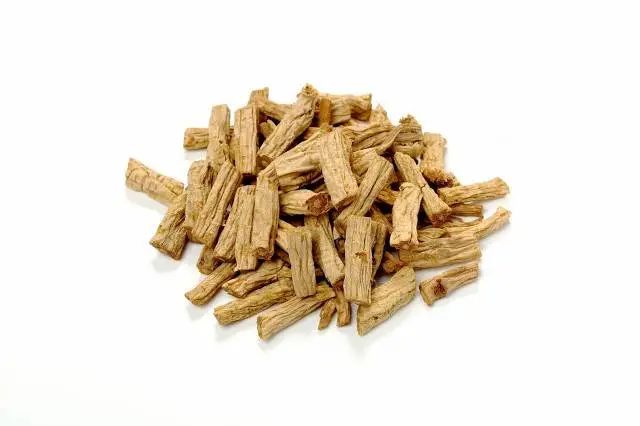

–
02
–
[Source] The root of the Campanulaceae plant Dang Shen, also known as Suhua Dangshen or Chuan Dangshen. It is primarily produced in Northeast China, Shaanxi, Shanxi, and Gansu provinces, usually harvested in autumn and dried.
[Properties of Dang Shen] Neutral in nature, sweet in flavor.
[Meridian Affinities of Dang Shen] Enters the Spleen (Pi) and Lung (Fei) meridians (organ affiliations: Spleen and Lung TCM).

–
03
–
Functions, Indications, and Applicable Populations
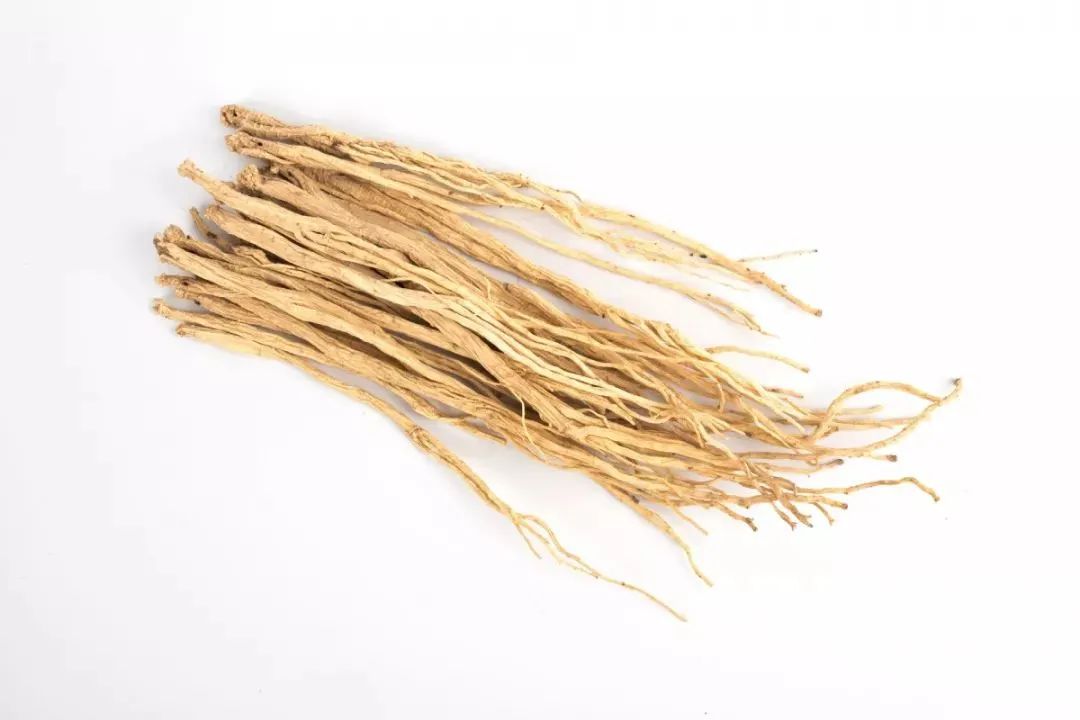
[Functions and Indications] Tonifies the middle and boosts Qi, generates fluids, nourishes blood. It is indicated for symptoms of Spleen and Lung Qi deficiency such as fatigue, poor appetite, loose stools, cough with shortness of breath, pale complexion, dizziness, palpitations, and thirst. [Applicable Populations] Modern studies have confirmed that this herb can increase blood cell counts, elevate blood sugar, regulate gastrointestinal motility, and has anti-aging, anti-hypoxia, and anti-radiation effects. Clinically, it is mainly used to treat coronary heart disease, hyperlipidemia, leukopenia, and altitude sickness.
Dietary Uses and Precautions
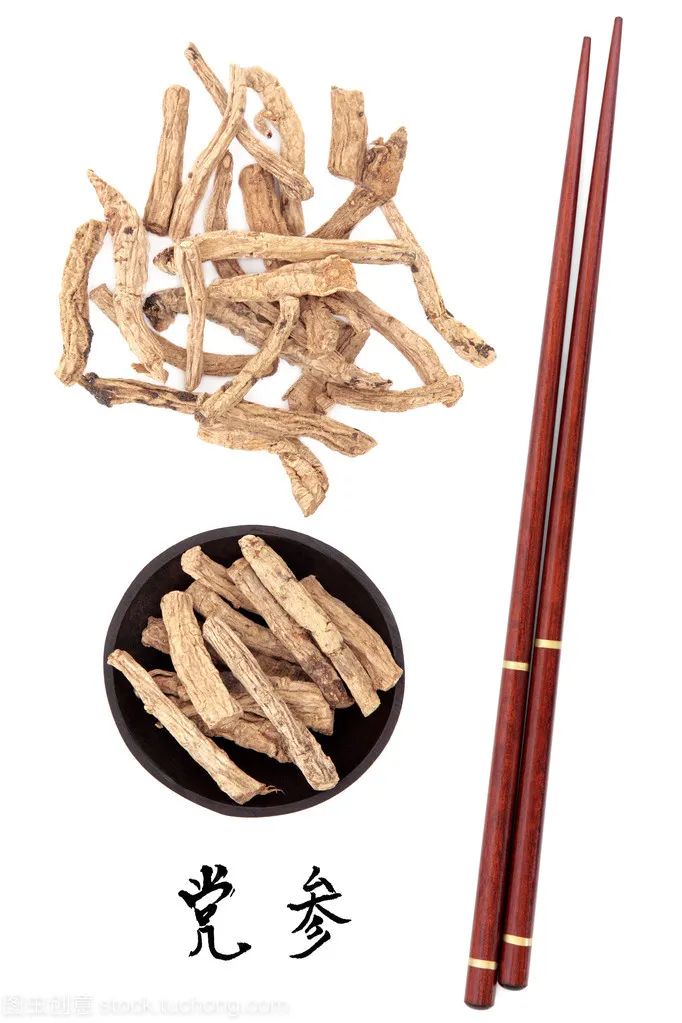

–
04
–
The “Sheng Ji Zong Lu” mentions the use of Dang Shen in congee to tonify the Spleen and benefit the Stomach, treating symptoms of poor appetite, vomiting, weight loss, and fatigue.
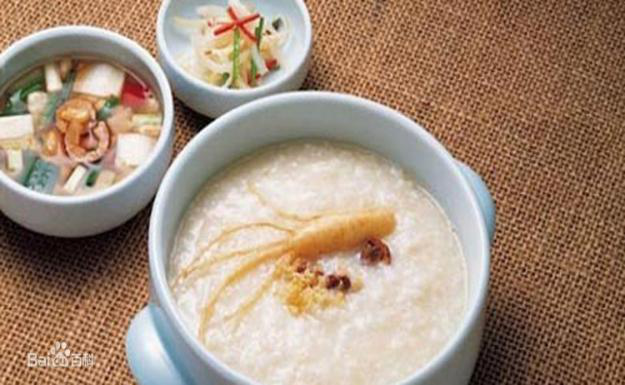
The “Xing Yuan Lu” describes Dang Shen rice with jujubes, which combines Dang Shen to tonify the Spleen and boost Qi, along with glutinous rice and jujubes to synergistically address Spleen Qi deficiency.
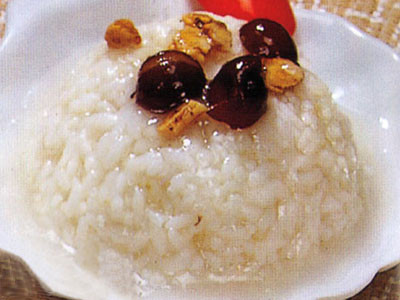
Source: He Ming An Kang TCM Popular Science
END
Previous Recommendations
+
1 The knowledge competition celebrating the 100th anniversary of the founding of the Communist Party of China has officially started!
+
2 Li Bingjun presided over the provincial government executive meeting
+
3 The Supreme People’s Court held a seminar on the judicial protection of intellectual property in traditional Chinese medicine

Guizhou Traditional Chinese Medicine
What are the characteristics of Guizhou Traditional Chinese Medicine?
What are the achievements in the inheritance and development of traditional Chinese medicine?
Please follow us to learn more about us
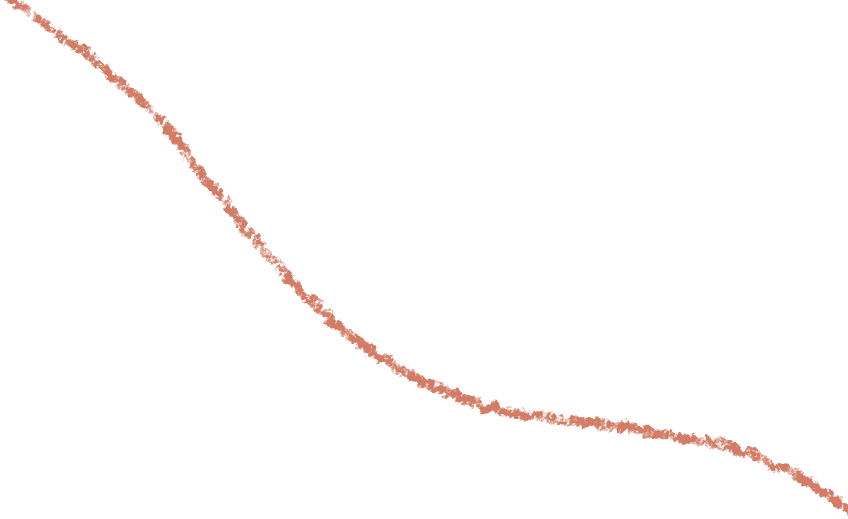
Guizhou Traditional Chinese Medicine
Submission email: [email protected]
Sina Weibo: Guizhou Traditional Chinese Medicine

